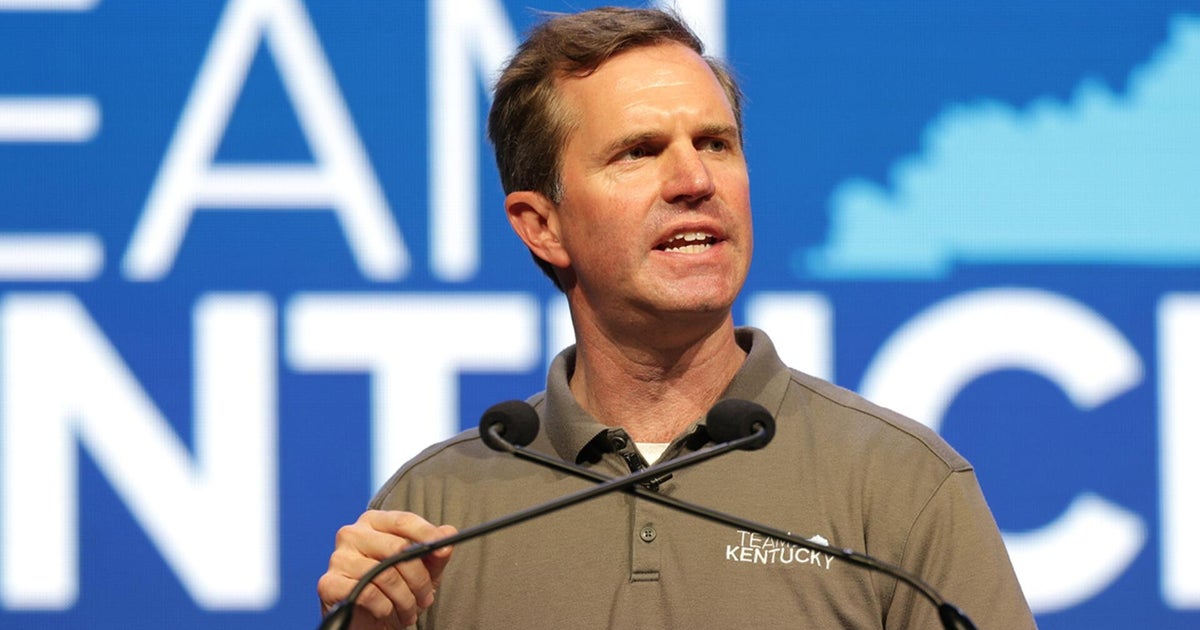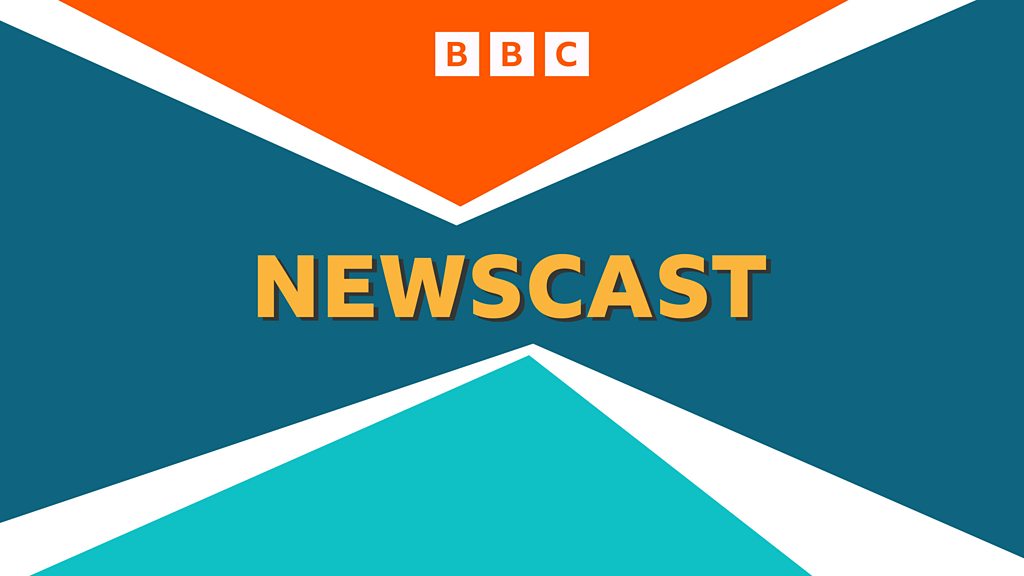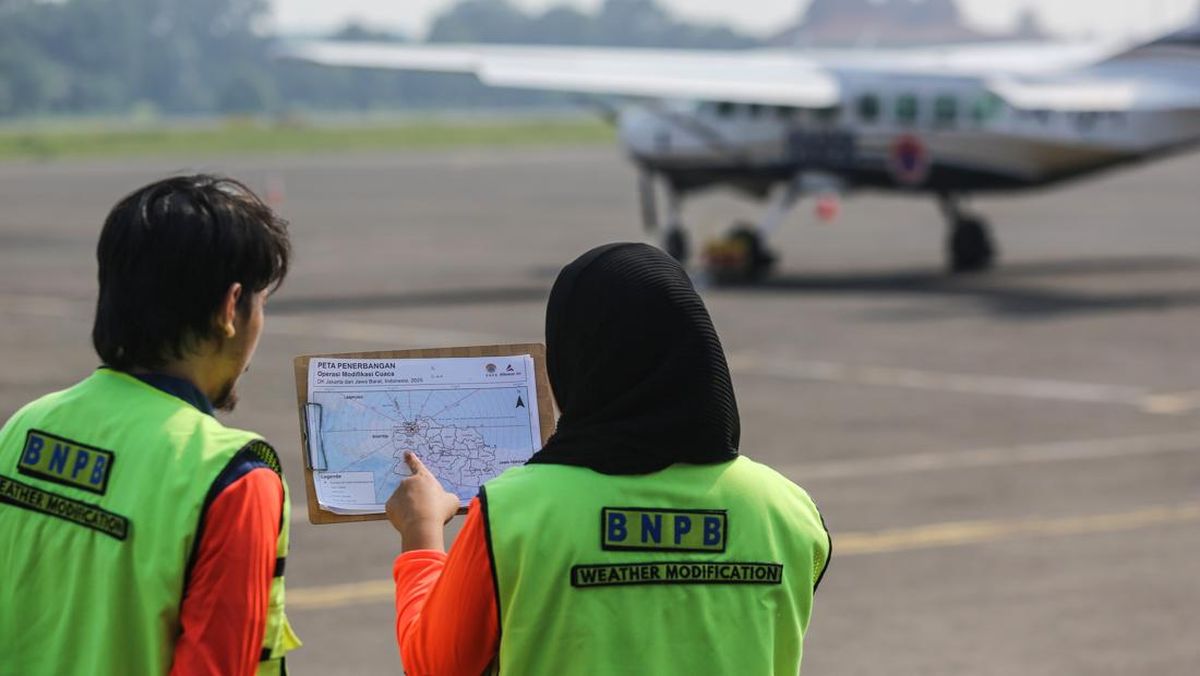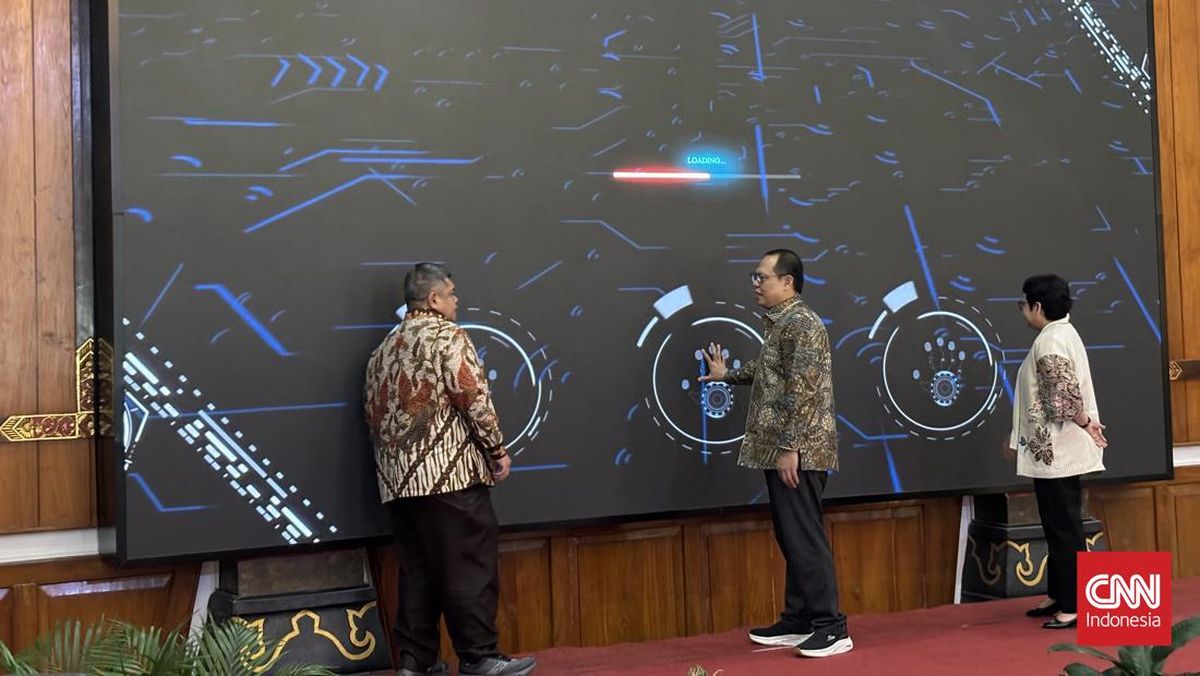Proposed consumer protections for Australian passengers fail to address security bottlenecks at airports that frustrate travellers, and the lack of a clear compensation rule for airline delays is a disappointment, say aviation stakeholders.
The Australian Airports Association describes the exclusion of government agencies such as Australian Border Force from the government’s proposed Aviation Consumer Protection scheme as a “major weakness in the framework”.

Smartgate gridlock is excluded from the planned consumer rights bill.Credit: Eddie Jim
“For passengers, waiting in long immigration queues or being delayed by air traffic control are all central parts of their airport experience,” the AAA said in its submission on the proposed scheme, which has been promised by the Albanese government.
“The major weakness in the framework is the exclusion of government agencies.”
Loading
Over a quarter of all complaints at the nation’s airports are related to security and border agency issues, according to the AAA. The deployment of automated SmartGates and their slow processing have created bottlenecks in Sydney and Melbourne. Passengers having just got off 14-hour flights must routinely wait in confusing and lengthy queues.
The Australian Border Force’s border-control SmartGate system requires in-bound international passengers to go through a kiosk, where they insert their ePassport, have their photograph taken and answer questions.
Customer delays in Sydney prompted the airport to pony up its own money to purchase 40 more SmartGates, something the airport describes as “a practical example of industry and government working together to maintain border security while ensuring a smooth experience for travellers”.
The AAA’s comments were part of submissions made in the consultation on the Aviation Consumer Protection scheme, which is expected to establish the rights of consumers to prompt refunds when flights are delayed. The government sought input on the overall framework by October 5, with a separate period of input on the penalties airlines could eventually face due on October 26.
The outcome of the Aviation Consumer Protection scheme is being closely watched by travellers, consumer rights groups, and the international aviation community.

The SmartGate system has caused airport queues in Sydney and Melbourne.Credit: Fairfax
In a separate economic and social impact report, Melbourne Airport noted that “a seamless border” was vital for a good passenger experience. “Without modernisation, increased traveller volumes risk longer queues and reputational damage for the nation.”
The primary legislation for aviation consumer protections is contained in a proposed Aviation Consumer Protections Charter, which will be enforceable by the Aviation Consumer Protection Authority. A separate consumer ombuds scheme will handle individual consumer complaints that can’t be settled directly with airlines and airports.
A spokesperson for Catherine King, the federal minister for infrastructure and transport, said the consultation process on the design of the new aviation consumer protections includes a number of options for governance structures and regulated entities.
“We want to ensure passengers get what they pay for and when things don’t go to plan, are entitled to remedies like prompt rebookings or refunds, and access to food and accommodation.
Loading
“That is why we are focussing on activities relating to airlines and airports, where customers have a direct relationship with a service provider.”
Ian Jarratt, of the Queensland Consumers Association, noted that even the consultation process for the aviation consumer legislation was “very complicated”.
Adding to the complexity is the risk that having the consumer ombuds scheme housed under the transportation minister, alongside a separate Aircraft Noise Ombudsman, may limit its ability to evolve with the industry, he warned.
The aviation sector is expected to undergo changes as airlines globally embrace more dynamic pricing and AI for marketing and loyalty programs. “If the ombuds is in a department, it lacks flexibility,” said Jarratt.
The aviation consumer ombudsman should be set up like the Telecommunications Industry Ombudsman or the Australian Financial Complaints Authority “so they’re not part of a department,” he said.
Loading
Jarratt also believes consumer law should be able to address complaints about problems caused by websites and apps, which the proposed legislation appears to avoid.
The Albanese government has so far ruled out clear compensation for avoidable airline delays or cancelled flights.
In its submission, the Australian Lawyers Alliance described its “disappointment” with the primary legislation “that the government has declined to include clear statutory compensation for delays and cancellations within an airline’s control”.
The government has suggested such a scheme could create a funding burden for consumers. However, European air control calculated in 2022 that the estimated cost of compensation per passenger for the industry in the EU and UK was only between US60¢ (93¢) and US$1.20.
The AAA is also concerned a funding burden for the aviation ombudsman could fall on smaller airports, which are financially constrained.
The Business Briefing newsletter delivers major stories, exclusive coverage and expert opinion. Sign up to get it every weekday morning.
Most Viewed in Business
Loading


















































